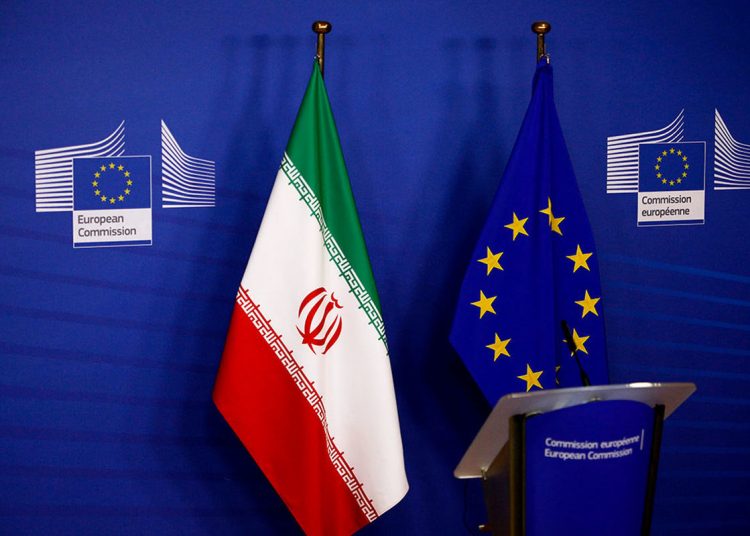On Friday, Deputy Foreign Ministers from Iran and senior diplomats from the three European countries—Britain, Germany, and France—are set to convene in Geneva. The agenda encompasses the developments in the Middle East, bilateral relations, nuclear matters, and the ongoing war in Ukraine.
Esmaeil Baghaei, spokesperson for the Iranian Foreign Ministry, noted that this round of talks was initially planned during discussions on the sidelines of the United Nations General Assembly in New York. “This meeting is a continuation of the dialogues that began in New York,” he said.
Iran Nuance has learned that Majid Takht-Ravanchi, the Deputy Foreign Minister for Political Affairs, and Kazem Gharibabadi, the Deputy for International and Legal Affairs, will represent Iran in the Geneva discussions. Beyond the talks with the European trio, the Iranian officials are also scheduled to meet with Enrique Mora, the Deputy Secretary-General of the European External Action Service.
Takht-Ravanchi is currently on a visit to Oslo, Norway. While some Iranian media outlets have speculated that his trip is connected to the upcoming Geneva talks, Iran Nuance understands that the Norway visit is unrelated. Instead, it is described as a routine working trip aimed at discussing bilateral relations and regional and international developments.
The primary objective of the Geneva talks is not to address a singular issue but to bridge political language and find common ground. The aim is to alleviate some unnecessary tensions through dialogue. However, the outcome heavily depends on the positions of both parties and their willingness to demonstrate necessary flexibility.
The choice of Geneva as the venue is laden with historical symbolism. It was in this very city that nuclear negotiations led by former Foreign Minister Mohammad Javad Zarif commenced in 2013. Those initial talks resulted in an interim agreement, aka Joint Plan of Action (JPOA), eventually culminated in the Joint Comprehensive Plan of Action (JCPOA) agreement in 2015. The return to Geneva for the current discussions has therefore attracted considerable attention from media and international observers, fueling speculation about the importance of the engagements.
Relations between Iran and the European trio have been strained in recent years. Accusations from Europe regarding Iran’s alleged support for Russia in the Ukraine conflict and disagreements over Middle Eastern affairs have opened rifts.
On the nuclear front, the three European countries have adopted a severe position toward Iran. In the recent quarterly meeting of the International Atomic Energy Agency’s Board of Governors, a resolution proposed by these states against Tehran was ratified. This move highlights the deep-seated challenges that the upcoming talks will need to address.
Despite these obstacles, European officials are reportedly aware that no alternative to engaging with Iran is likely to yield positive outcomes on the existing issues. The Geneva talks represent a critical juncture. They offer an opportunity for Iran and European countries to recalibrate their relations and address contentious issues through diplomatic channels. The emphasis on finding common ground suggests a mutual interest in stabilizing relations and pursuing shared objectives.






